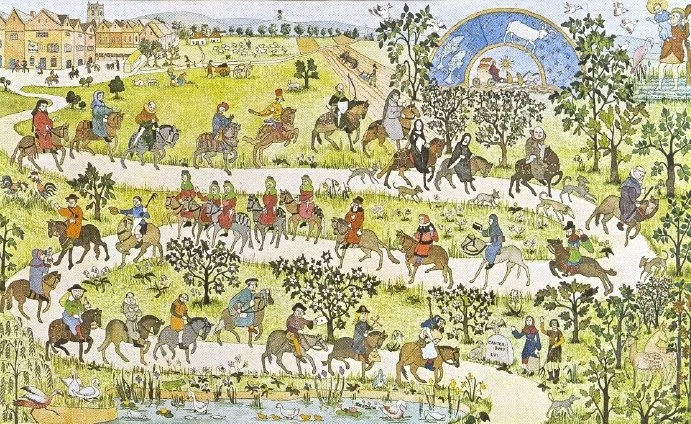A Sermon for Epiphany 3 (Year A)
I love being right. Almost as much as I love winning and getting my way. Because if I’m “right” and I lose then at least I can stew in my indignation at the “foolishness” of the people who “won.”
We live in a society that glories in winning and being right. The world tells us that we can only be happy or even safe, if we’re winners, not losers—if we beat other people or parties or nations and do whatever it takes to build the world—the country—even the church that we want.
But obsession with winning—with security or strength or just the self-satisfaction of knowing we’re right and they’re wrong—is an addiction to a drug that takes more than it gives.






